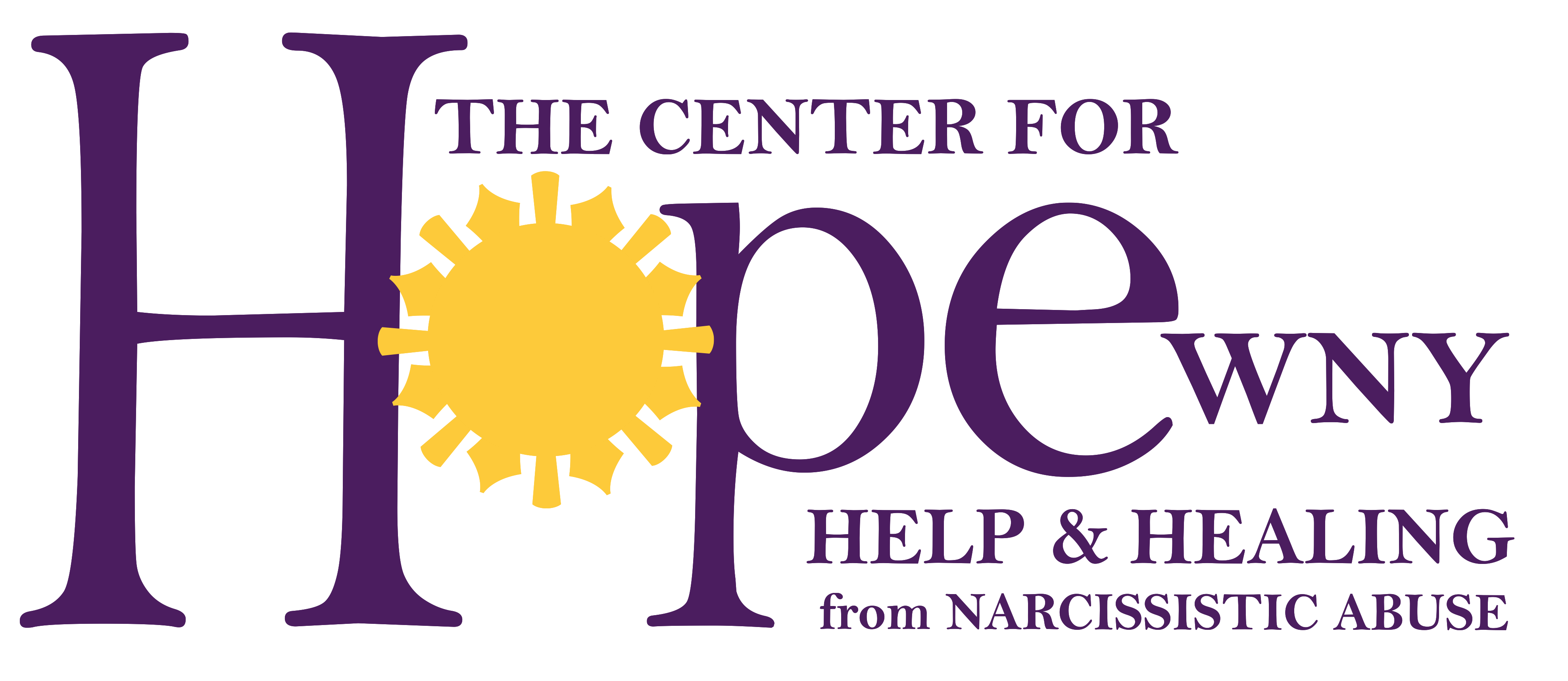- Hope, Help & Healing from Narcissistic Abuse
- 716.955.9658
- info@centerforhopewny.org

Are you dealing with a malignant narcissist?
Not everyone who suffers from narcissistic personality disorder (NPD)Narcissistic Personality Disorder (NPD) The hallmarks of narcissistic personality disorder (NPD) are grandiosity, a lack of empathy for other people, and More is a malignant narcissist. In order to meet the standards for NPD, according to the American Psychiatric Association, one must have 5 of the following 9 behaviors:
Narcissistic Personality Disorder Definition
The American Psychiatric Association defines narcissistic personality disorder as persistent grandiosity, a continuous desire for admiration, and a lack of empathy. It begins in early adulthood and is seen in people with at least five of the following characteristics:
An exaggerated sense of self-importance. They expect to be recognized as superior without matching achievements.
A preoccupation with fantasies of unlimited success, power, brilliance, beauty, or ideal love.
Believes he/she is “special” and should only associate with other special high-status people or institutions.
Requires excessive admiration
Has a strong sense of entitlementNarcissistic Entitlement refers to a belief that one’s importance, superiority, or uniqueness should result in getting More
Selfishly takes advantage of others to achieve his own ends
Lacks empathy or genuine concern for others
Is often envious or believes others are envious of him
Shows arrogant, haughty, patronizing, or contemptuous behavior
Malignant Narcissism
This is like narcissistic personality disorderNarcissistic Personality Disorder (NPD) The hallmarks of narcissistic personality disorder (NPD) are grandiosity, a lack of empathy for other people, and More to the ultimate degree. A person with malignant narcissism has the potential to destroy families, communities, nations, and work environments. This condition reflects a hybrid or blending of narcissistic and antisocial personality disorders. ,Malignant narcissists are aggressive, arrogant, and cold individuals with an excessive desire for power and high social status.
Malignant Narcissists present with the following:
Poor self-identity
The inability to appreciate others
Sense of entitlementNarcissistic Entitlement refers to a belief that one’s importance, superiority, or uniqueness should result in getting More
Lack of authenticity
Fierce need for control
Intolerance of the views/opinions of others
Emotional detachment
Grandiosity
Complete lack of awareness or concern regarding the impact of their behavior
Minimal emotional reciprocity
Desperate need for the approval and positive attention of others
Was my father a malignant narcissist?
Have I ignored all the red flags that my father was a malignant narcissist? Perhaps I didn’t want that confirmation. A malignant narcissist is the worst, most abusive form of NPD. This is someone who doesn’t hesitate to hurt those closest to them if it means they will advance their own image. What’s an example of my father as a malignant narcissist? When he put himself publicly in competition with his only child. Then he lied about it.
I wrote about this in my book “Wrecking Ball Relationships: How to Identify, Live With or Leave the Narcissist in Your Life.”
“There was always competition but never like this. In my mind, it seemed almost Shakespearean, biblical, but probably more like Ryan and Tatum O’Neal. I was angry, hurt, and shocked. I felt betrayed by someone who I thought was my champion when he was a competitor. This wasn’t normal behavior. Parents are supposed to be proud of their children. Parents aren’t supposed to be jealous of their children. My father did something I never dreamed possible, but I refused to let it destroy me and my peace of mind anymore.”
Afterwards, my father discarded me. He found that my value was in making him the victim. Everyone should know how awful his only child was when in reality he walked out on me. He needed everyone to believe he was the victim.
If you recognize you are dealing with a malignant narcissist, whether at work or in your own family. Run. Take precautions to protect your mental, emotional and physical health. Talk to someone who understands and can help you strategize. Don’t wait.
This is why it’s so important to talk to someone after you’ve suffered this type of abuse. But not just anyone. You need to find someone who’s familiar with narcissistic personality disorderNarcissistic Personality Disorder (NPD) The hallmarks of narcissistic personality disorder (NPD) are grandiosity, a lack of empathy for other people, and More. You see, I didn’t get here by accident. I didn’t set out to become a narcissistic abuse recovery coach. But after I’d suffered this kind of abuse, I realized that my story and my experience could help so many people who’ve suffered similarly. When someone tells me about their struggles and their story, I’m not just understanding. I really get it. I’ve been there. I’ve felt those same emotions, that same rage, and loss.
I can help you.
Don’t suffer in silence from narcissistic abuseNarcissistic Abuse is a form of emotional abuse projected by a narcissist on to another individual, Although narcissistic abuse More, let’s talk.
Click here to book a free session with me. Don’t wait another day.
You can find my book “Wrecking Ball Relationships” on Amazon and BarnesandNoble.com.



